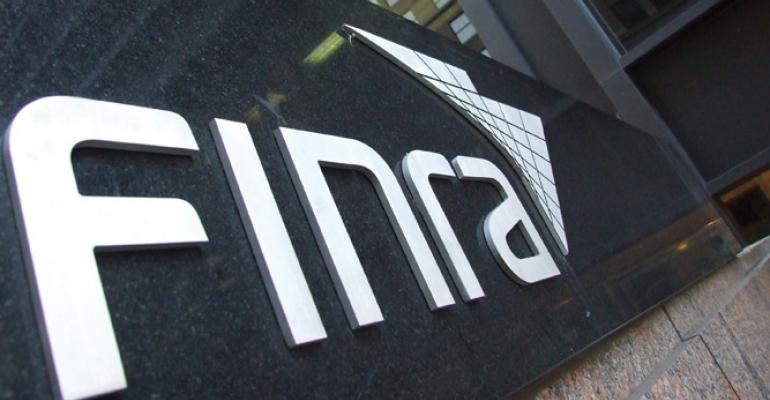The Financial Industry Regulatory Authority, the brokerage industry regulator overseen by the Securities and Exchange Commission, said on Thursday it is drastically shortening the time it takes to review the public records of individuals who register with a firm, which is a process to confirm the individual is properly listing any history of complaints, regulatory infractions or other required disclosures.
Beginning July 9, FINRA will start performing a public records review of individuals within 15 days after a firm applies to register that individual with the regulator. Prior to the change, FINRA had been conducting similar reviews on an annual basis.
The changes to the disclosure review process will be beneficial to brokerage firms and investors, said Derek Linden, the executive vice president of Registration and Disclosure at FINRA. Smaller firms in particular will benefit from meaningful cost savings and a relief of a regulatory burden, he said in a statement about the changes.
Advisors are required to share information on their Form U4 disclosures, which includes those regarding past bankruptcies, judgments and liens, but it is the responsibility of firms to validate the information. To assist in that undertaking, firms often hire vendors to perform public record checks; this change means they may no longer have to do that, or at least not with the frequency they once did.
FINRA will continue to notify firms if the Form U4 is missing information or contains discrepancies. The difference is that those notices will be much timelier and useful, since firms are required to investigate them.
The regulator estimates firms will save an aggregate of between $1.5 and $3 million each year by avoiding fees charged by third parties and fines for late filings. That equates to about $403 to $805 in savings per each one of FINRA’s 3,726 registered firms, but that savings likely scales depending on the size of the firm.
Firms will still be on the hook for having the correct information on advisors affiliated with them. FINRA's new review process “does not relieve firms or registered representatives of their duty to keep their records up to date,” the regulator said.
FINRA and at least one industry observer said the enhancements to the review of public records is also a good thing for investors, who can view the information online using FINRA’s BrokerCheck.
“This is generally an excellent thing,” said Benjamin Edwards, an associate professor at the University of Nevada Las Vegas William S. Boyd School of Law. “FINRA is at its best when it leverages its institutional resources to bring more information to the public to ensure the public gets better disclosure and the cost to individual firms goes down.”
Edwards said that BrokerCheck “still has a long way to go before it is incredibly useful for investors,” but he praised the recent enhancement for improving the data that would be available to investors. Edwards said he would like to see FINRA publish more context around the complaints to help investors understand the relevance or severity of the infractions.





